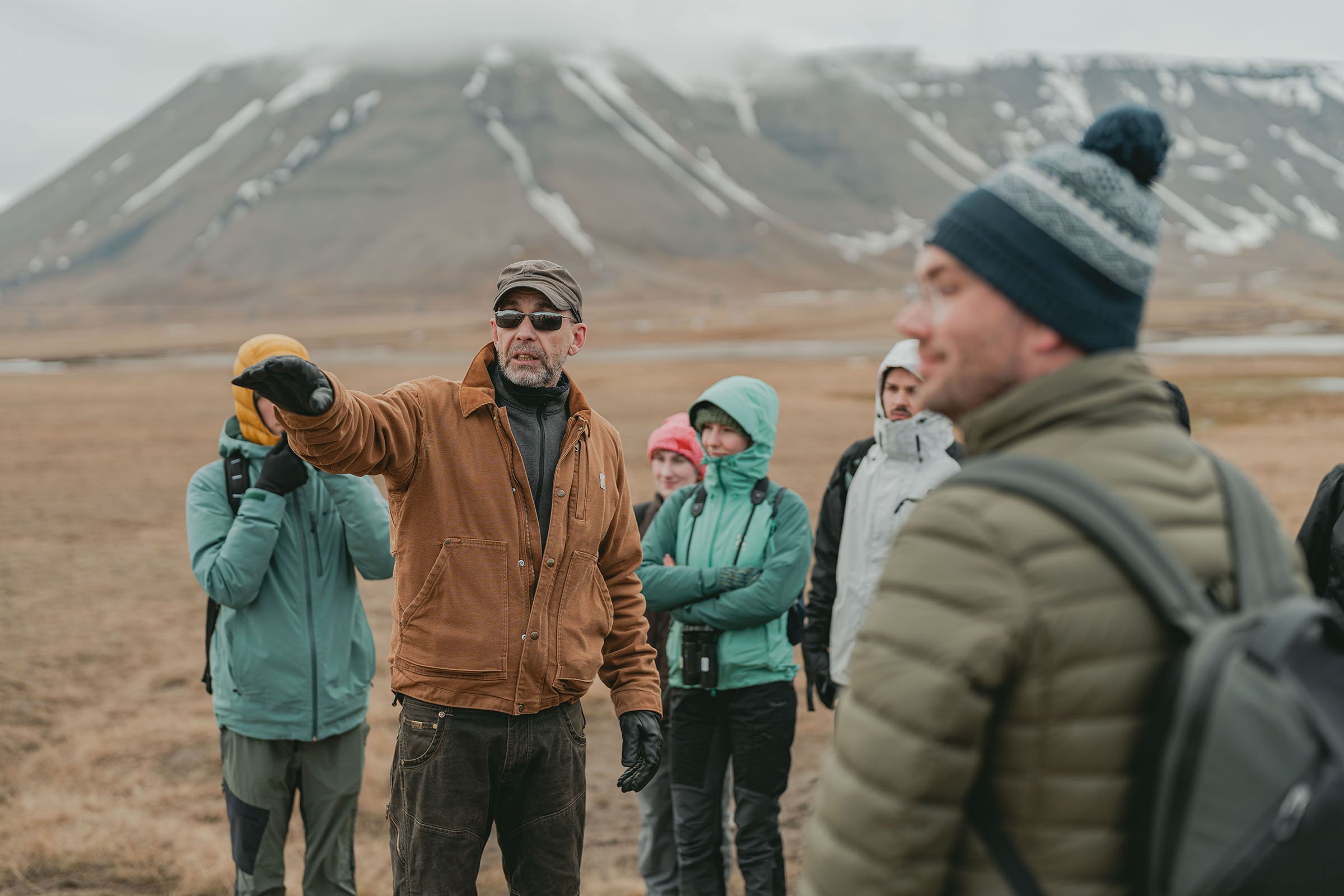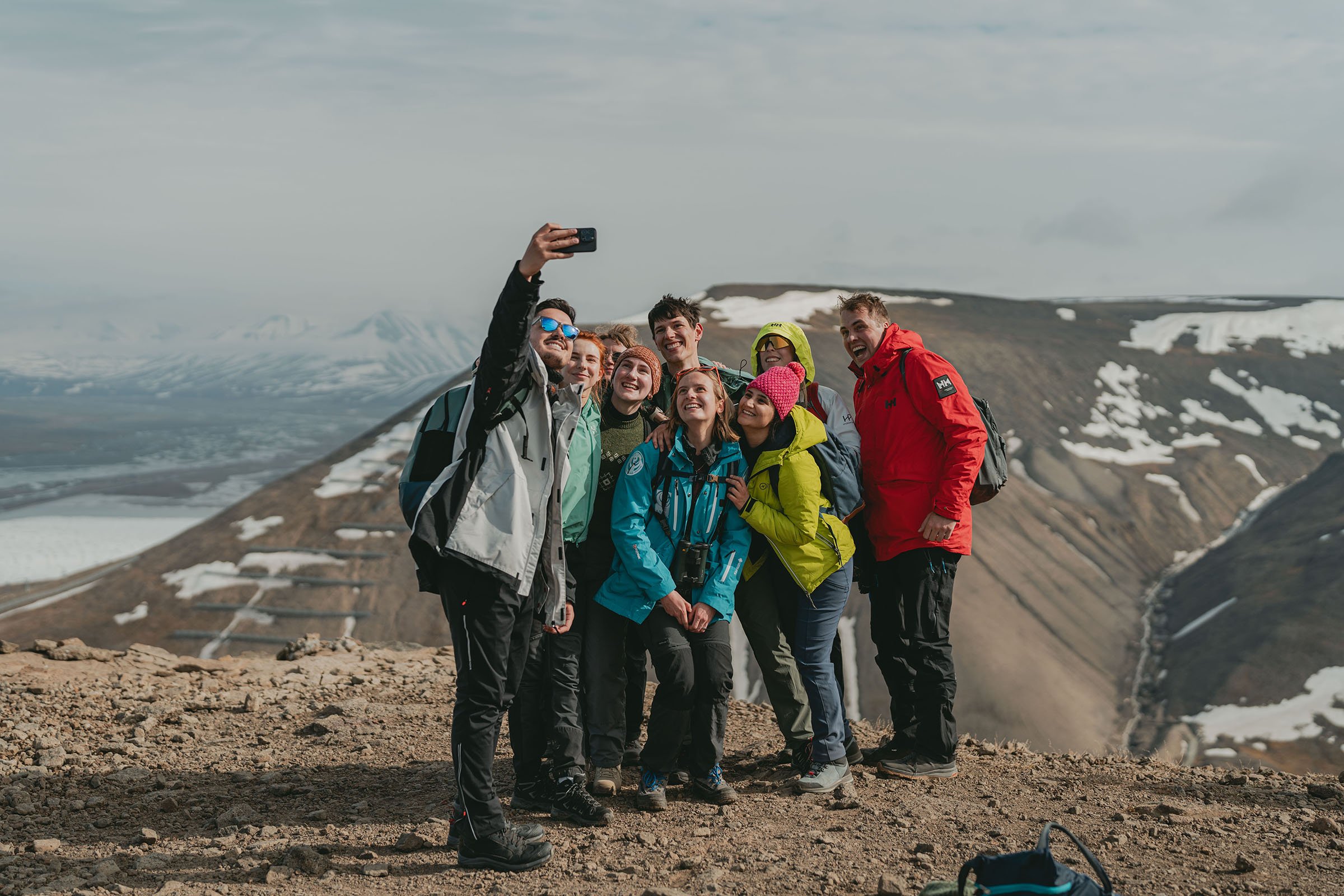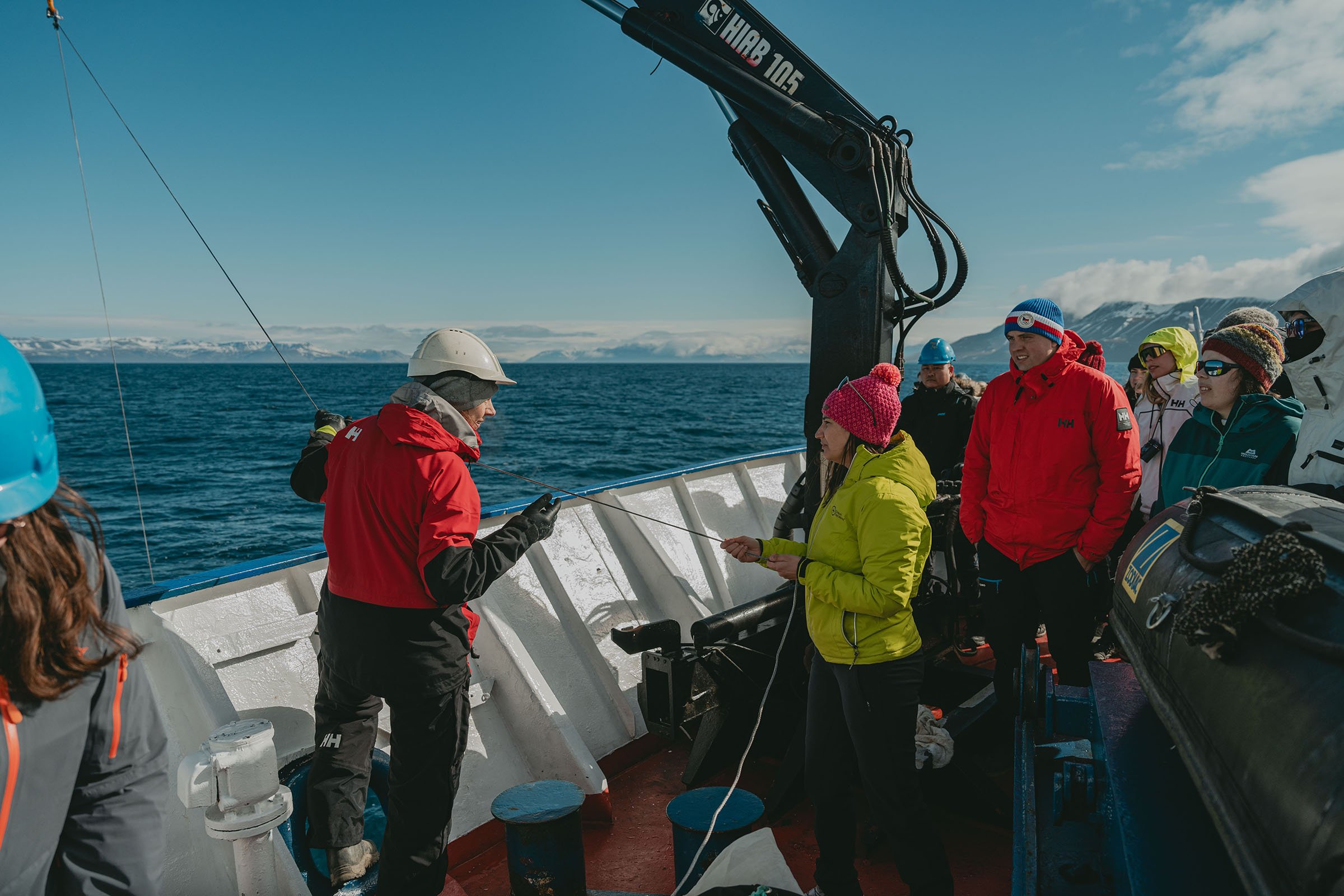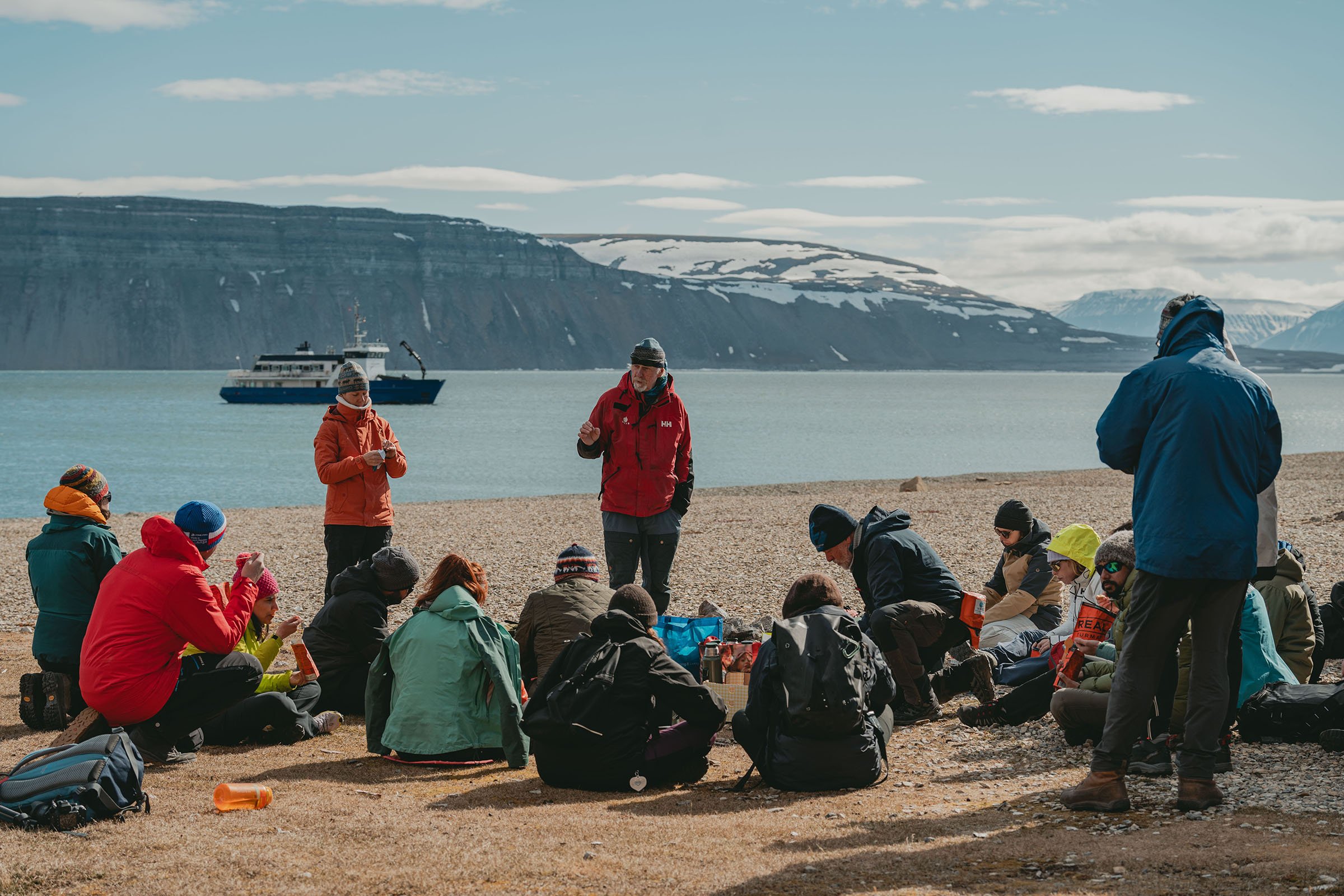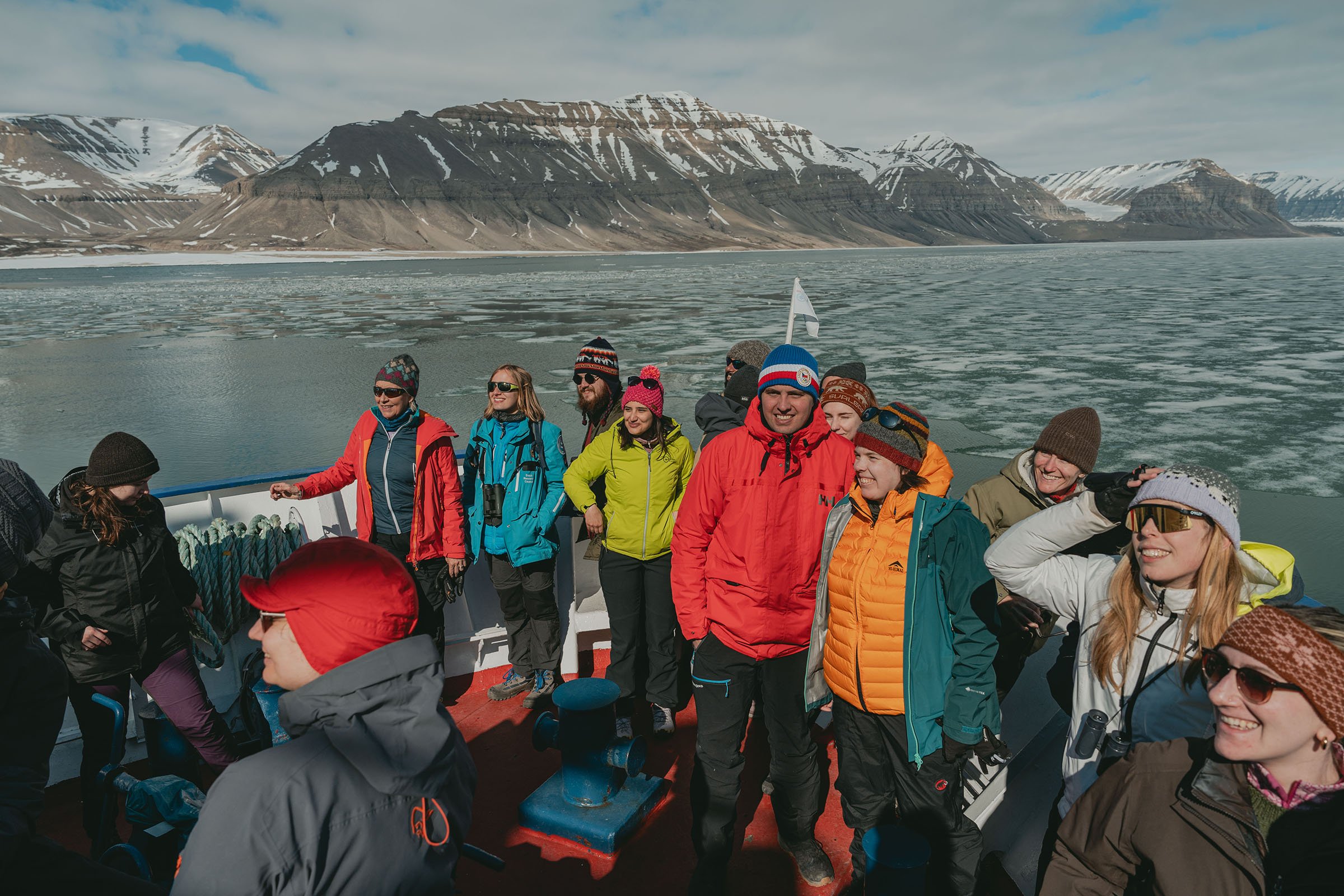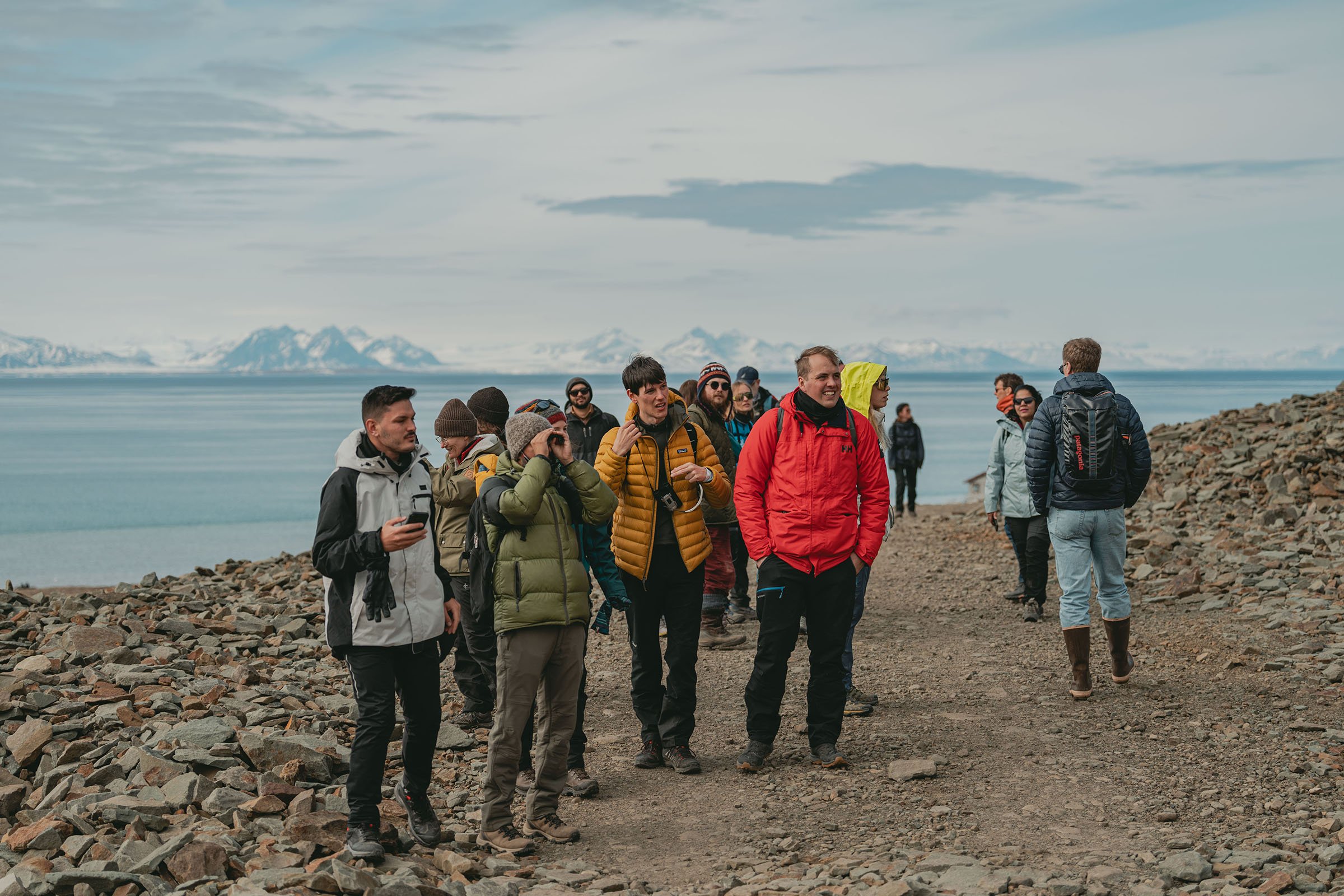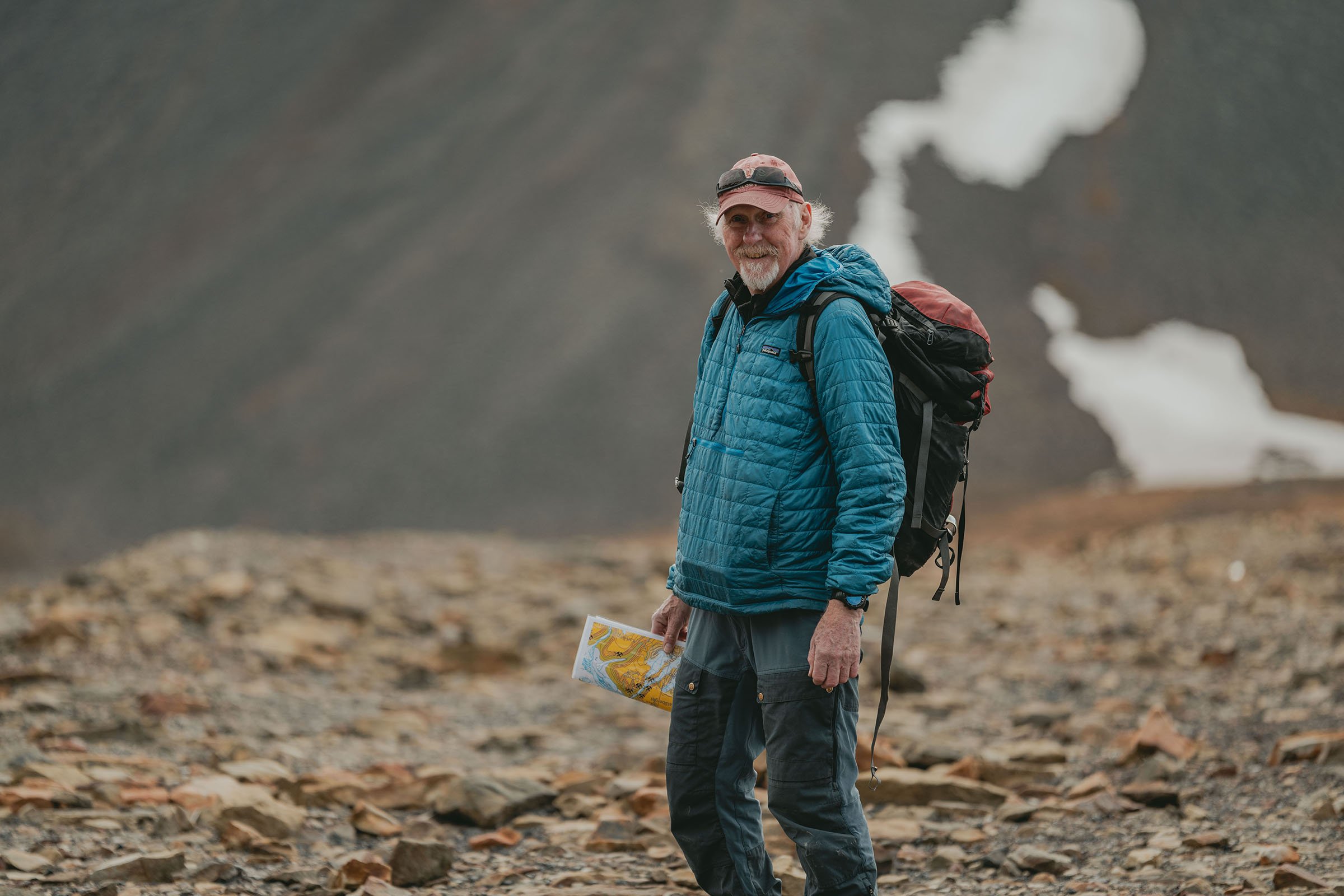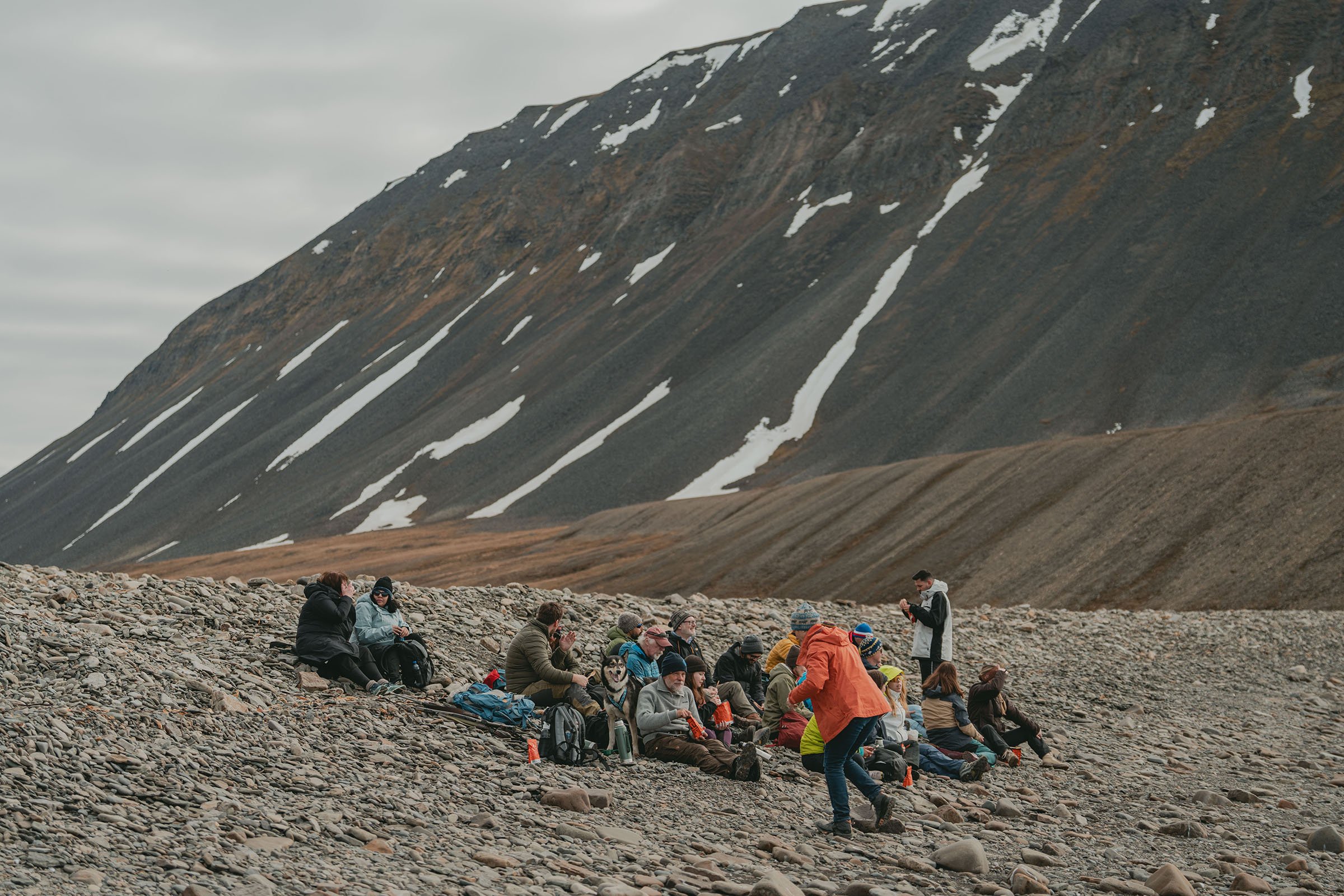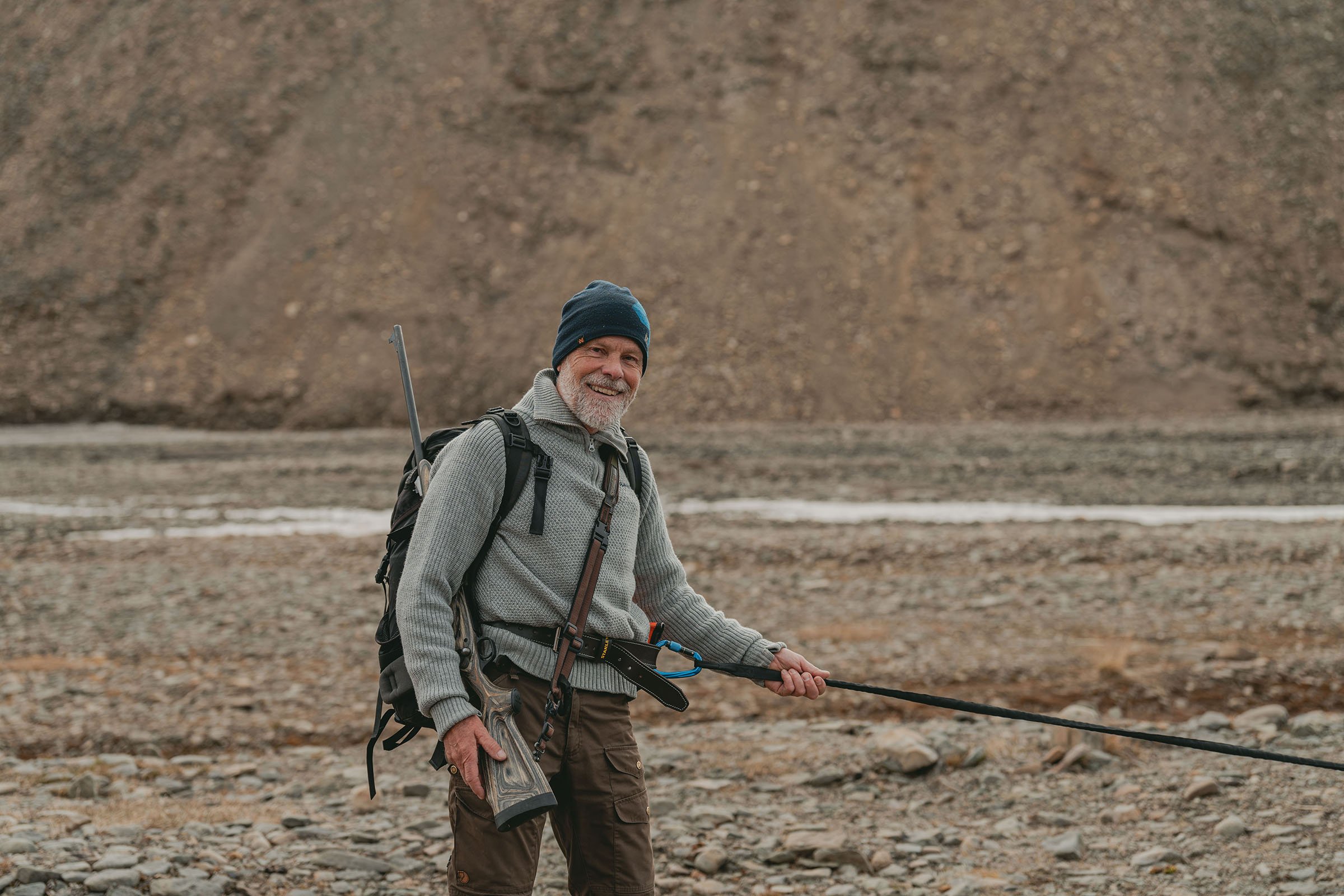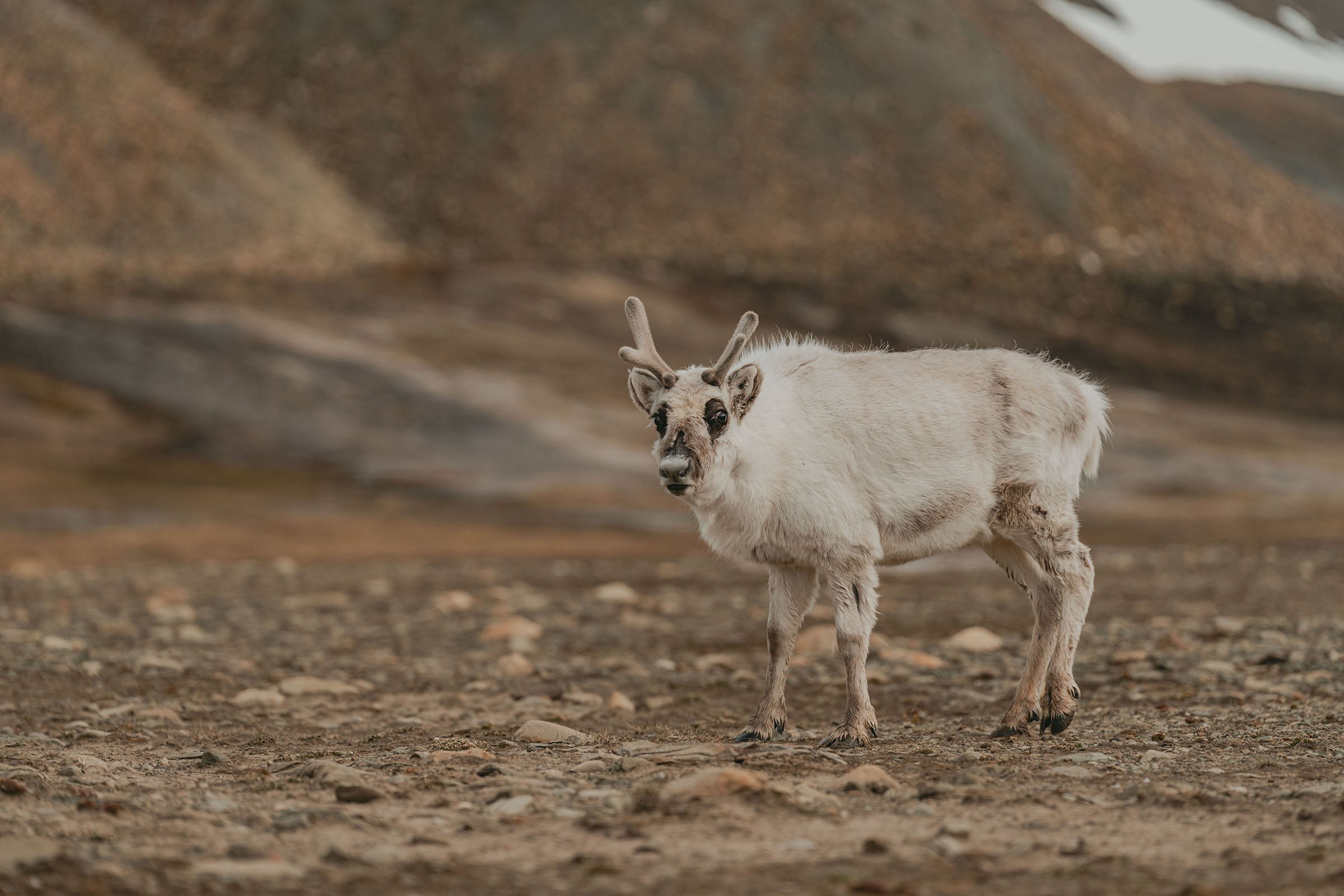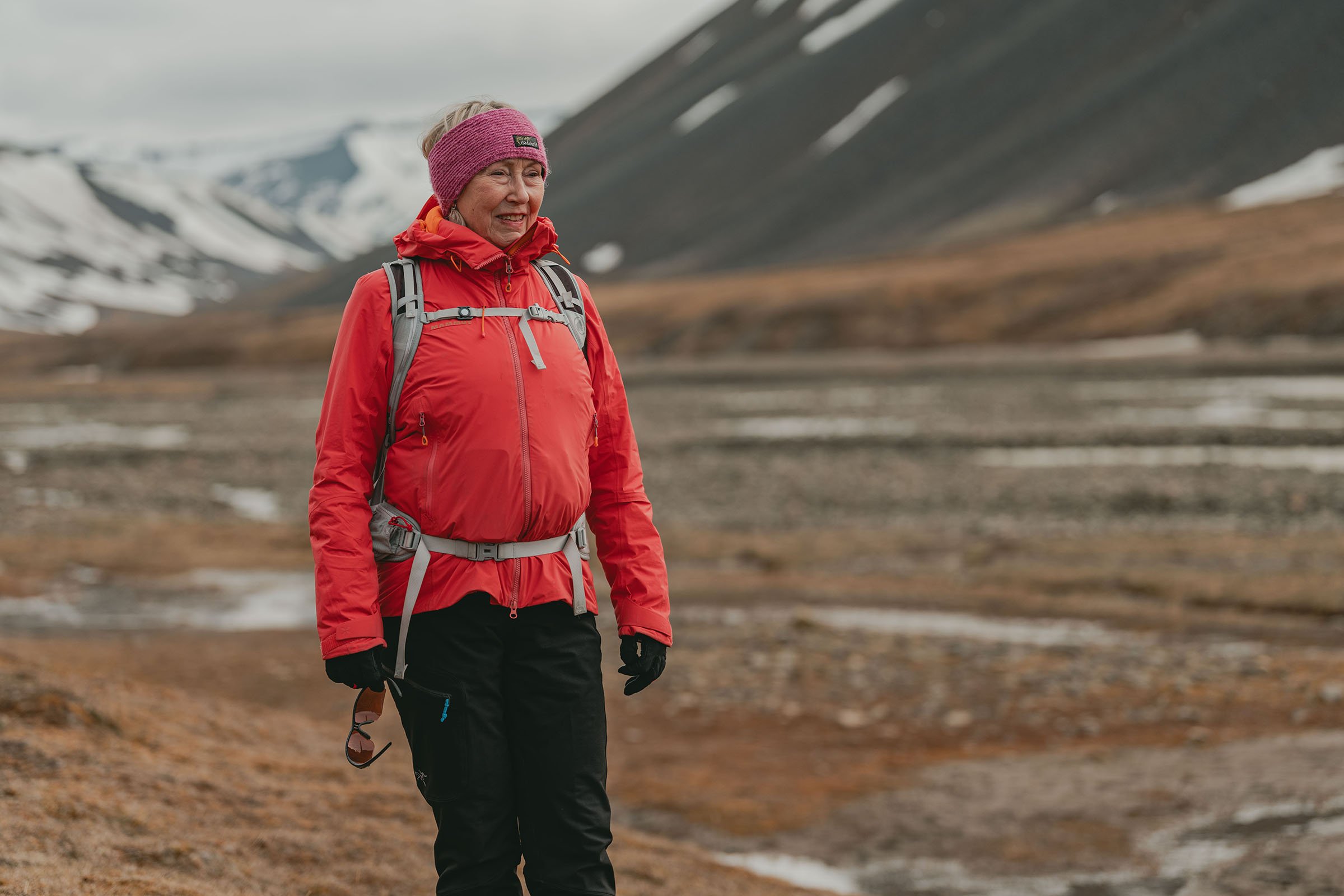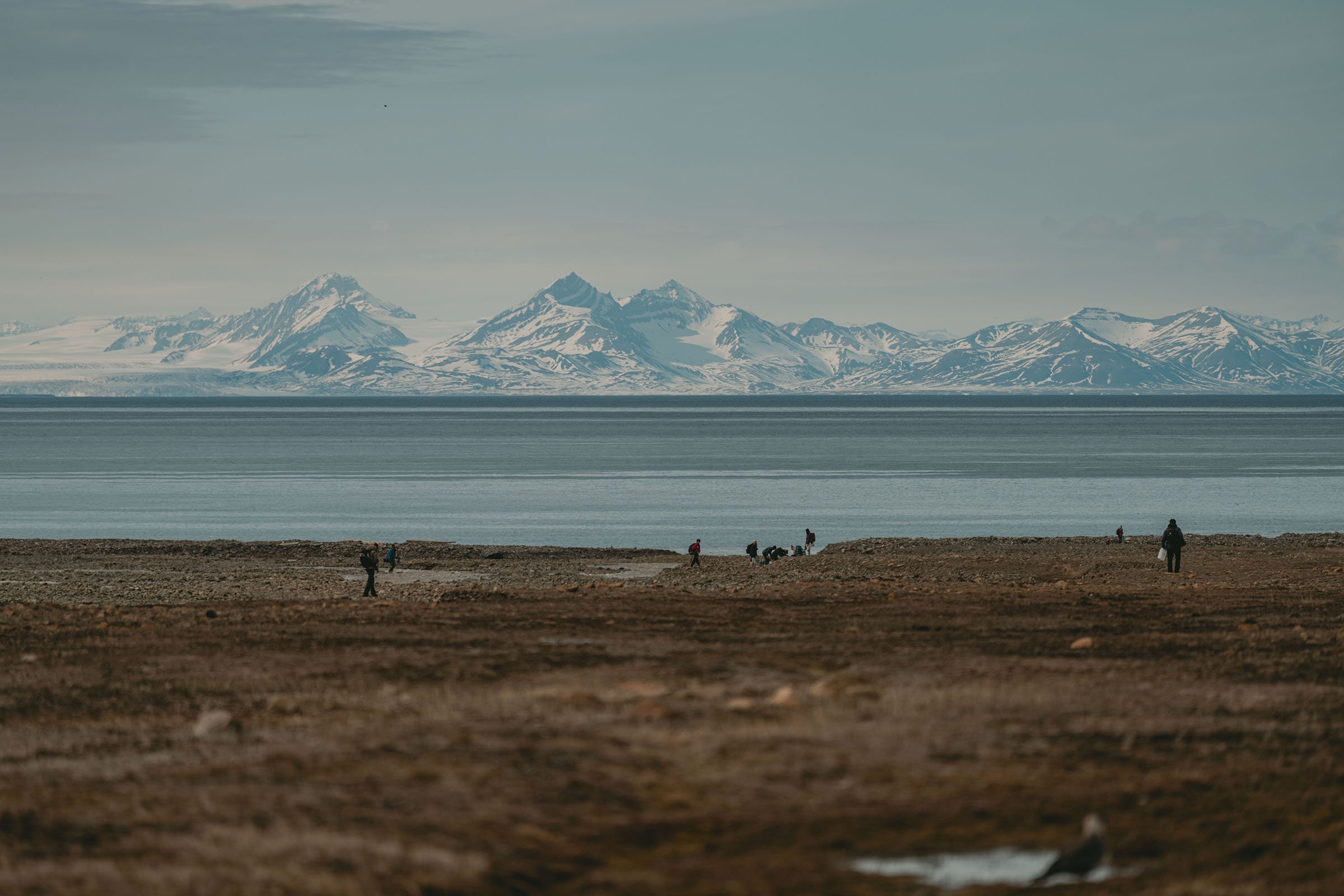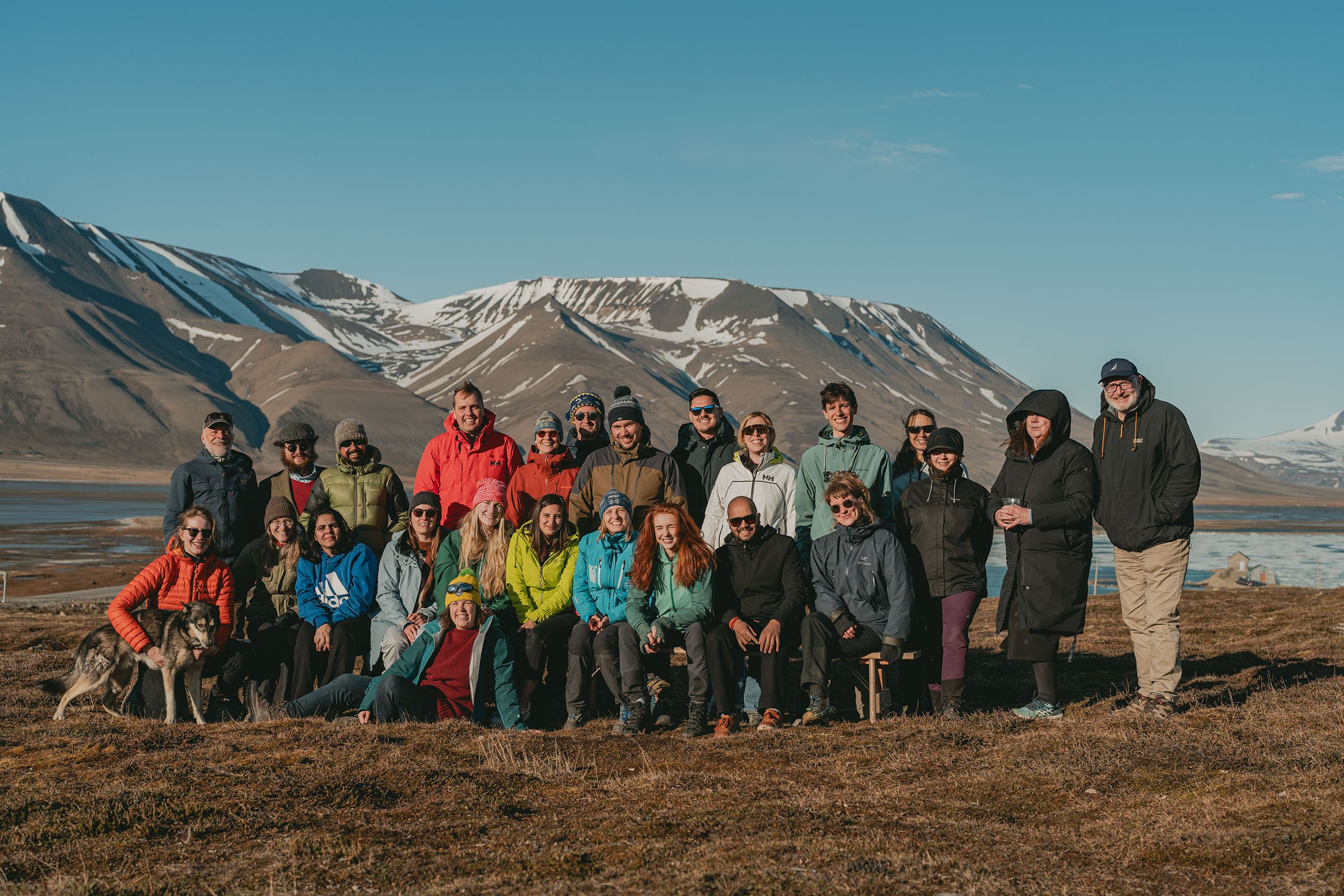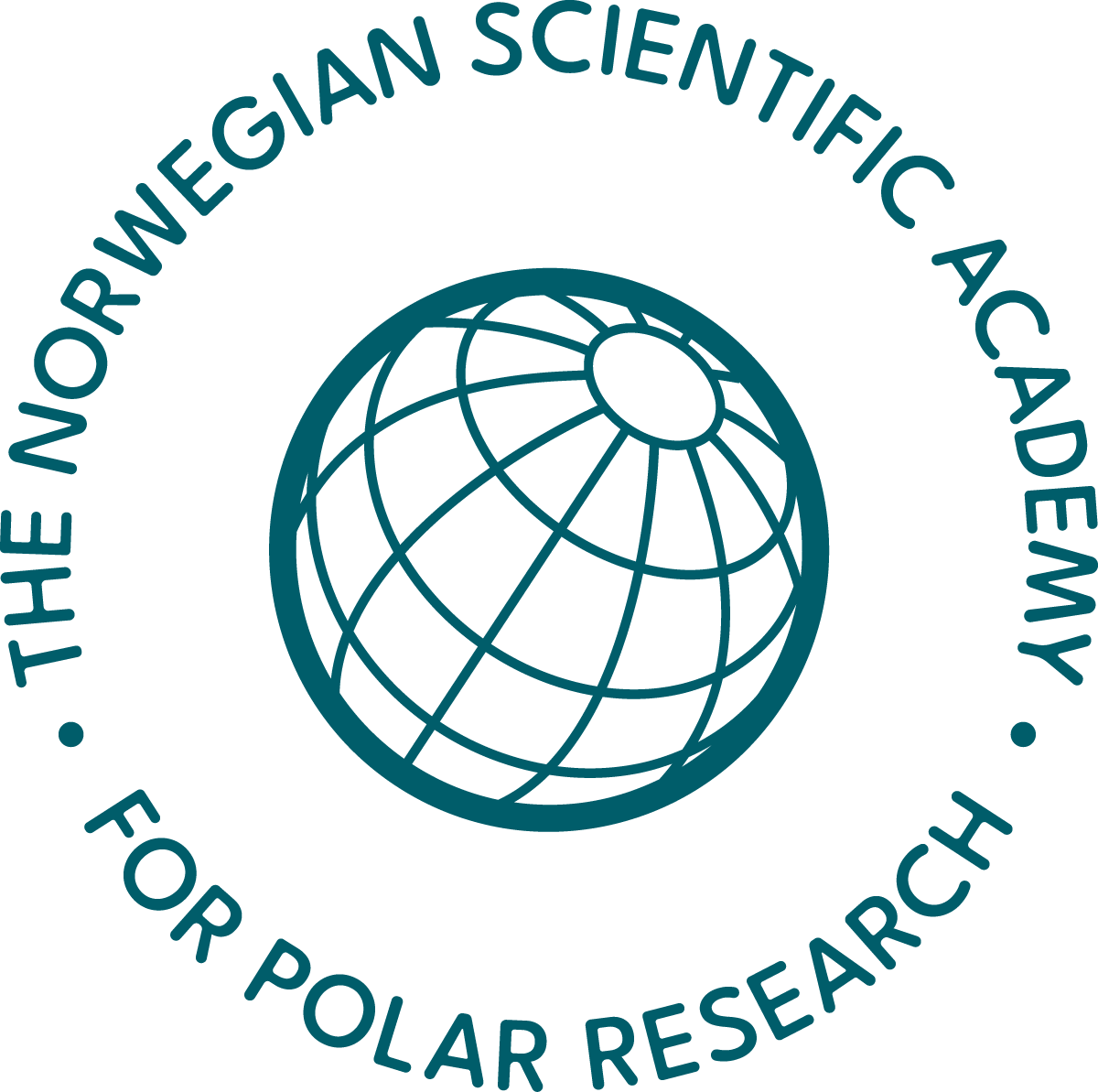Exploring the Future of the Arctic, Antarctic, and Himalayas: Highlights from the 2024 NVP Summer School in Svalbard
The 2024 NVP Summer School, hosted by the Norwegian Scientific Academy for Polar Research (NVP) in collaboration with the University Centre in Svalbard (UNIS), concluded its trio series with a rich exploration into the interconnectedness of Arctic, Antarctic, and Himalayan regions. Held from 9 June to 19 June in Longyearbyen, this year’s theme, "The Global Arctic: A Three-Pole Perspective," highlighted the critical links between these extreme environments and their global impacts on climate change, livelihoods, food, and sustainability.
Participants included a diverse group of PhD students and postdoctoral researchers from 13 different countries, fostering a vibrant forum for interdisciplinary exchange and collaboration. The curriculum was designed to break disciplinary boundaries, encouraging the students to tackle applied and complex global issues collaboratively.
A key event of the summer school was the boat excursion into the Isfjord, culminating in a landing at the stunning Bjonahamna in Tempelfjord under the endless Arctic sun. This and other excursions complemented classroom activities, which included lectures by renowned international experts, interactive group work, and discussions.
The programme not only provided academic enrichment but also nurtured a cooperative network among the next generation of polar researchers. It emphasized the value of bringing together individuals from vastly different academic backgrounds, helping them see the interconnectedness of their studies.
As the Arctic, Antarctic, and Himalayas continue to be critical zones in global environmental science, the NVP Summer School is more than ever a vital platform for preparing scientists to lead in understanding and conserving these key regions. The experiences and collaborations formed here highlight the necessity of interdisciplinary approaches in responding to global environmental challenges.
The 2024 NVP International Summer School received funding from the University of the Arctic (UArctic) and the Norwegian Research Council.
The programme can be seen here.
